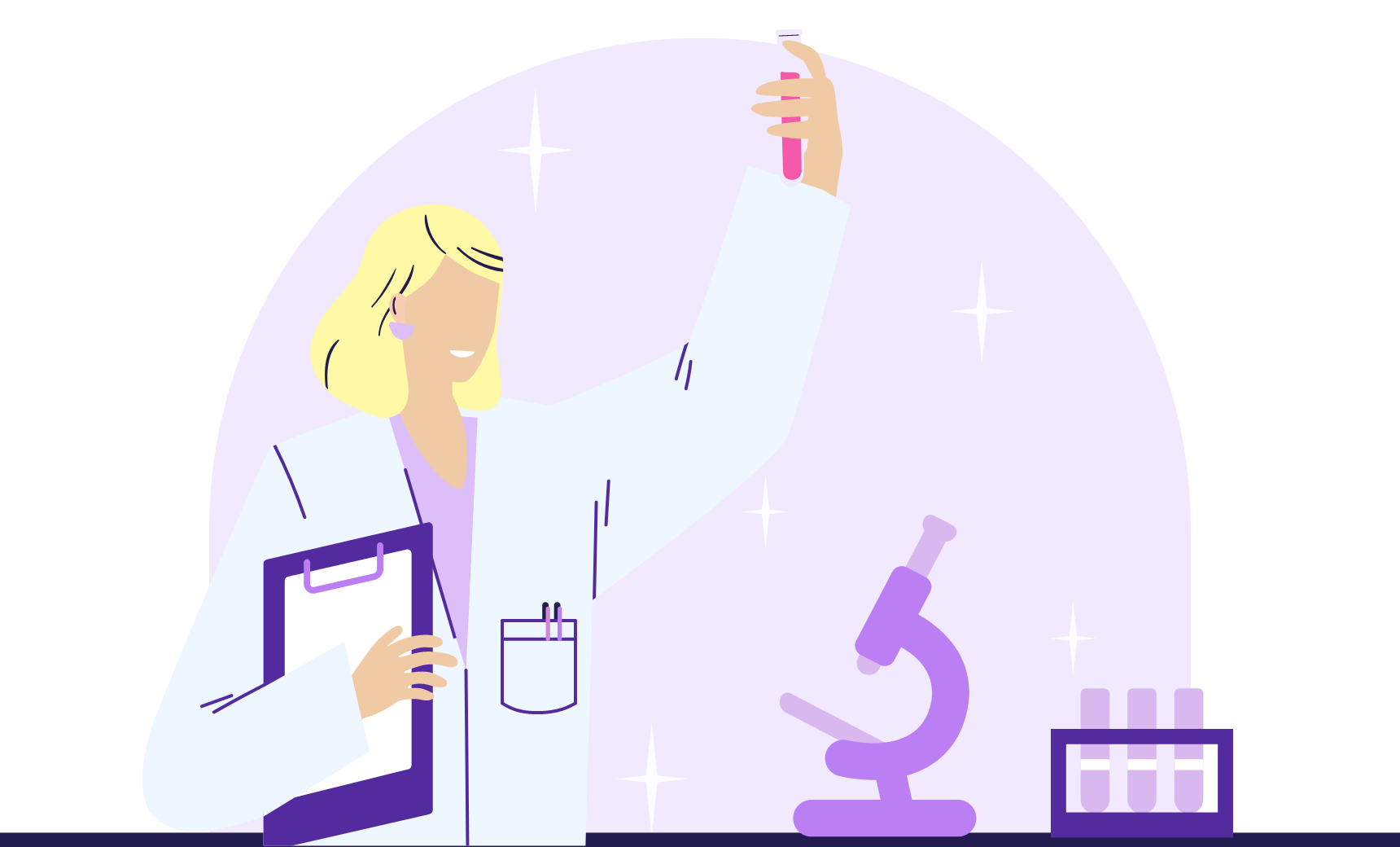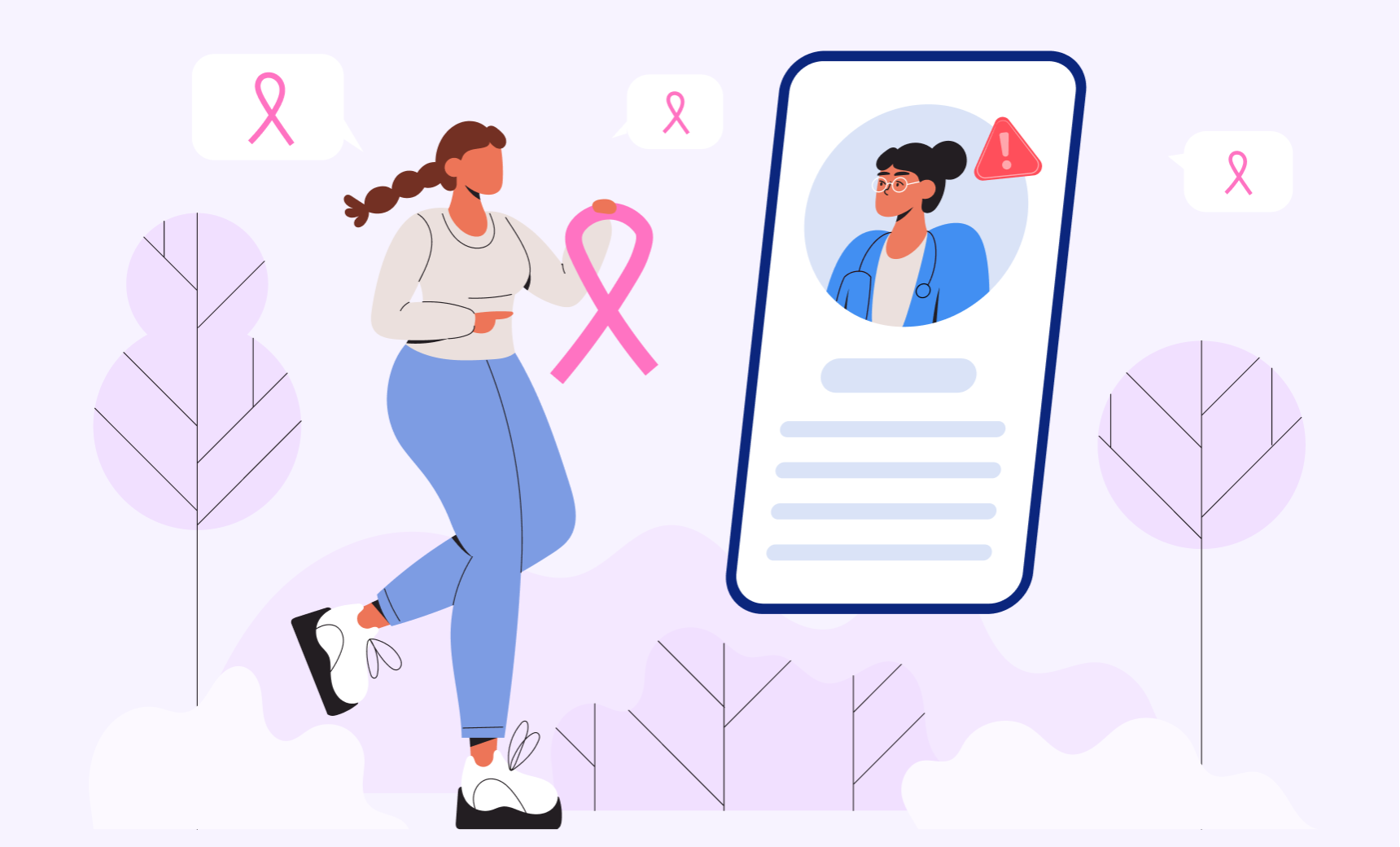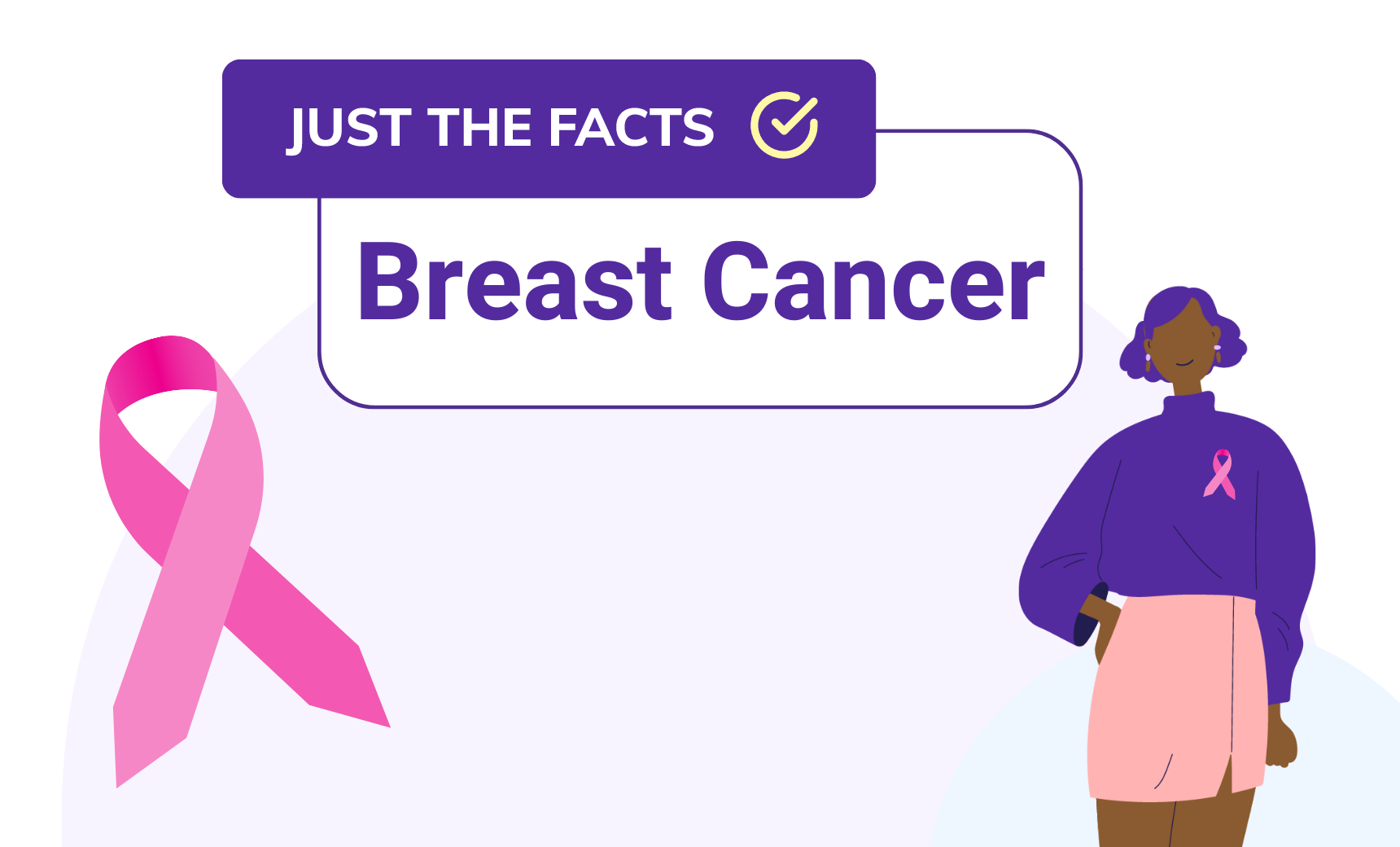
3 Steps to Prep for a Blood Test
The inside scoop on what you need to do before your blood draw.
Nobody likes getting their blood drawn, but there’s a lot your blood can tell you about your health. Simple blood tests can be an incredibly important part of your regular, preventative care schedule. Your doctor may also order a blood test to diagnose something specific. (Want to know the most important blood tests that could save your life? Read our guide.)
If you’re going in for a blood test, here’s what you need to know before your appointment.
1) Verify the tests you’re getting and ask if fasting is required. Food can influence hormones, blood sugar levels, and more. If your doctor doesn’t want you to fast in advance, then it is probably not a requirement. Lipid panels (cholesterol tests), glucose testing and stool tests usually require fasting.
You’ll also want to tell your doctor about…
-
Any medicines, prescriptions, and vitamins you may be taking, as they may impact blood work.
-
Menstruation phases, as they may influence some hormonal tests.
-
Time of day for scheduling your test. Blood for ACTH and cortisol, for example, should typically be taken in the morning from 8:00 to 8:30 AM. Generally, it’s best to take blood tests in the morning from 8:00 to 10:00 AM in the fasted state (between 8 and 14 hours of fasting).
2) If fasting is required, refrain from eating or drinking (except water, which is okay) for at least 8 hours (10-12 hours is best) before the blood test. Avoid consuming alcohol the day before your blood test and do not smoke in the hour leading up to your test. Avoid physical or emotional stress in the day leading up to your test, if possible. If you’re a habitual morning coffee drinker, skip your normal cup. Unfortunately, tea and other forms of caffeine cannot be consumed either. Taking your required medications or vitamins is fine for a blood test, as long as your doctor has approved them.
3) Hydrate. Whether or not fasting is required, always be sure to drink water before getting your blood drawn. This will make the process much easier and efficient. For certain blood tests, you may be asked to drink extra water so that there’s more fluid in your veins. Having well-hydrated veins makes it easier for the phlebotomist (the person conducting the blood test) to locate your vein and reduce the time and pain for you. It’s a win-win situation.
Need to schedule a blood test? Try LabFinder. Find a lab that’s in your network, upload your doctor’s order to your portal, and get your results sent directly to you. LabFinder takes the hard work out of medical testing. Book your next blood test now.
Have questions about blood tests? Or are there other topics you think we should cover? Drop us a line at illuminator@labfinder.com.





LabFinder Editorial Team
The LabFinder Editorial Team is behind The Illuminator and The Insider, LabFinder’s consumer and business blogs.
Dr.Robert Segal
Dr. Segal is CEO and co-founder of LabFinder, as well as a board-certified cardiologist. He began practicing medicine in 2002 and has founded several businesses, including Medical Offices of Manhattan and Manhattan Cardiology.